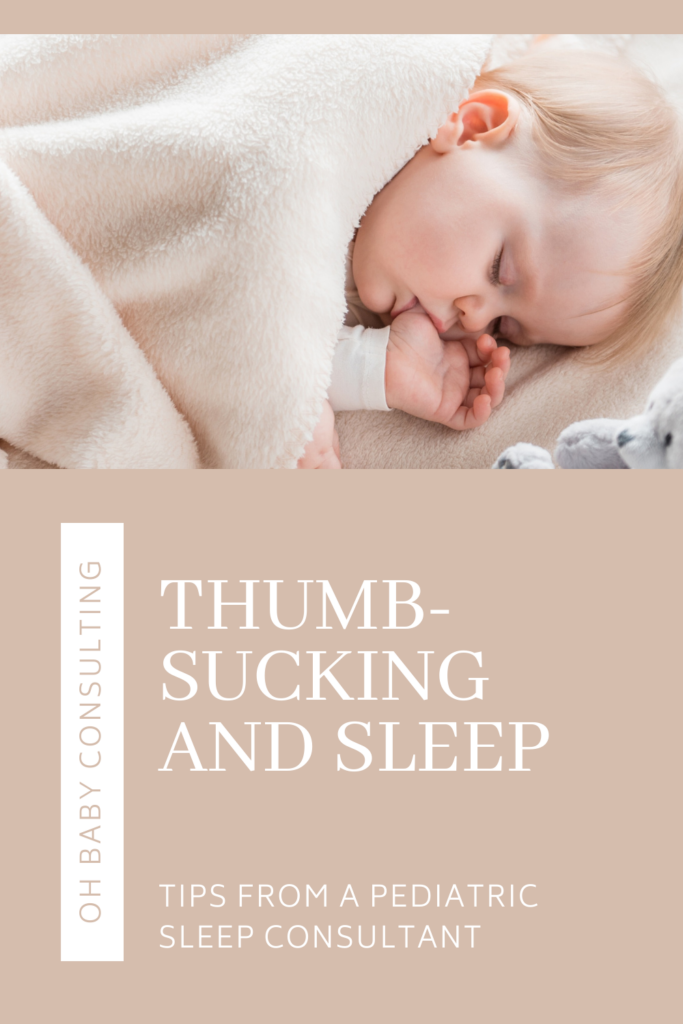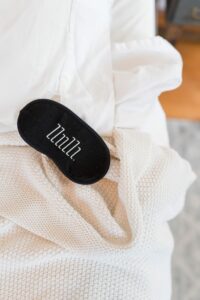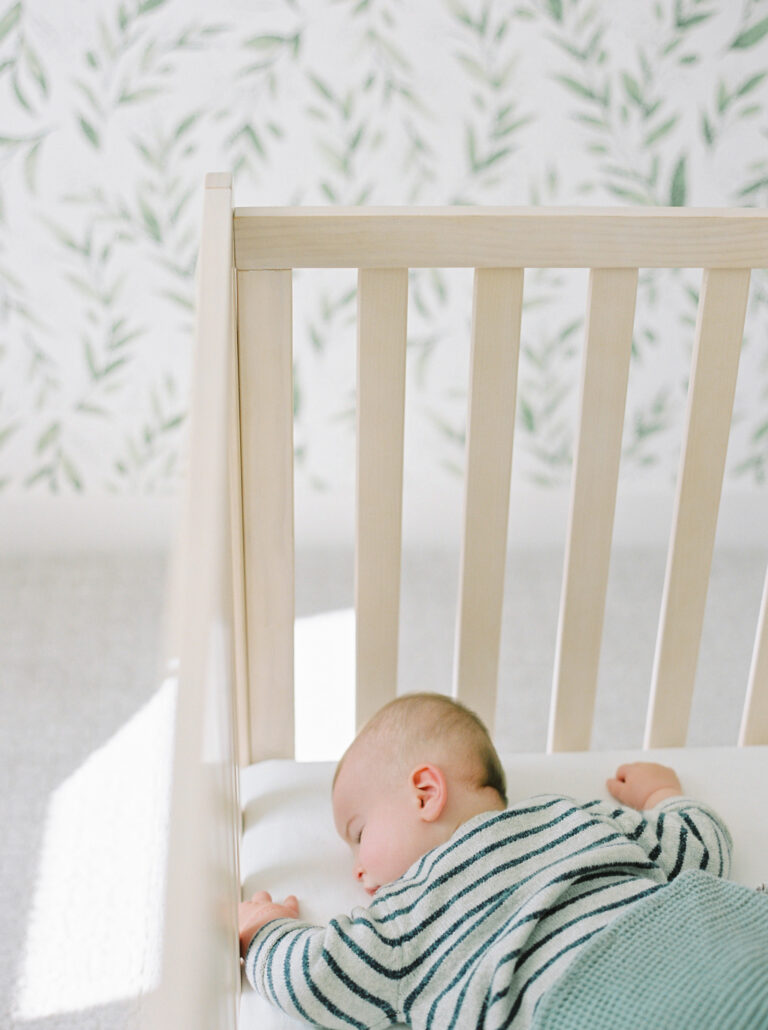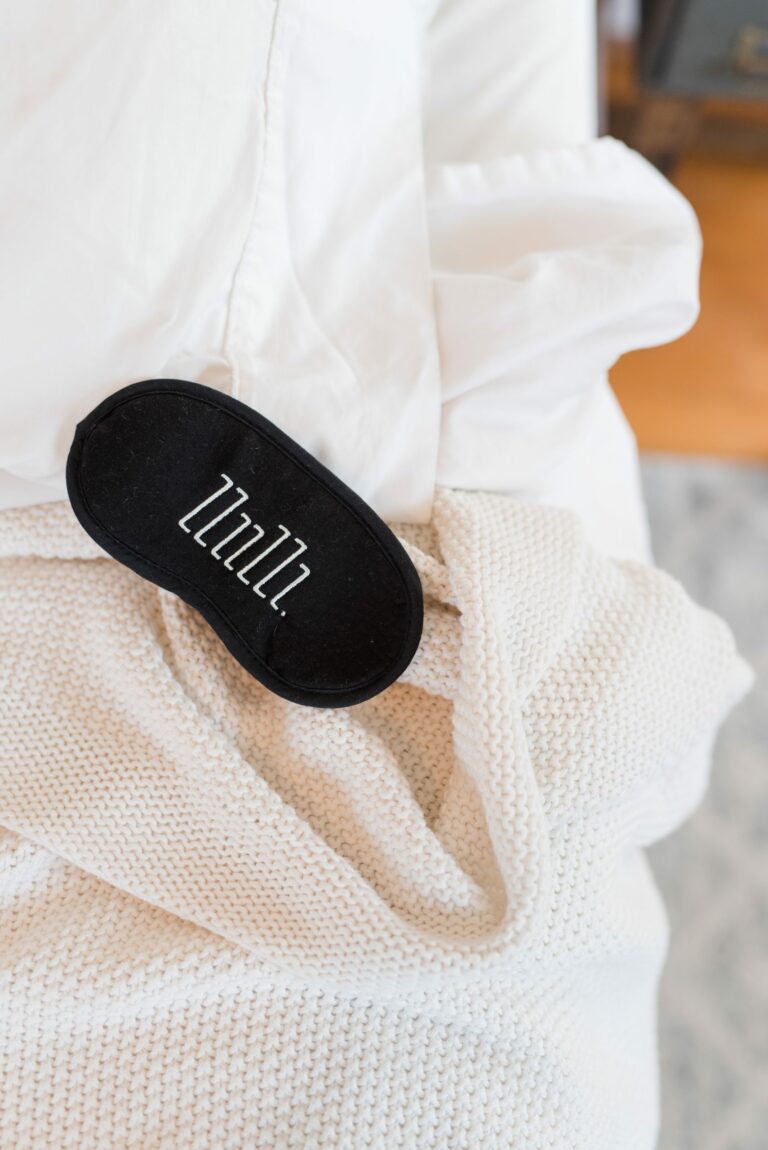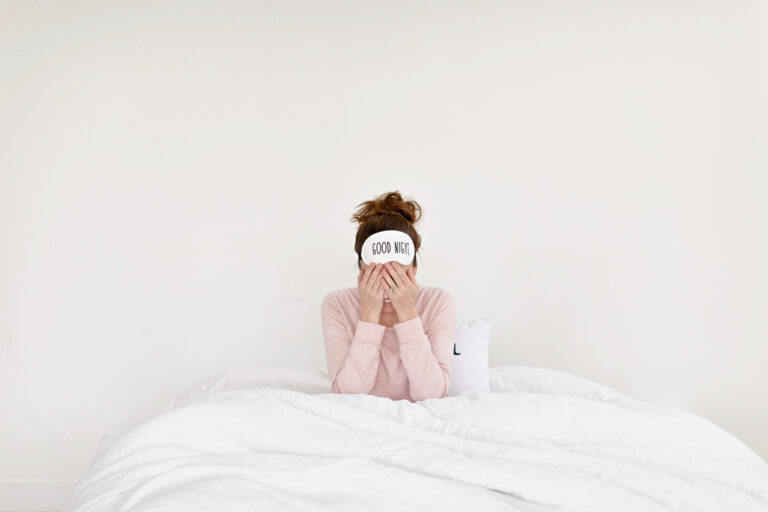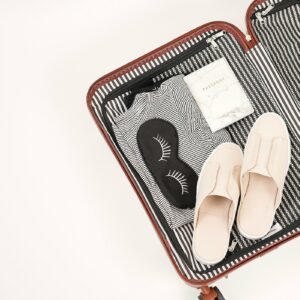Hi everyone. My name is Jamie, and I sucked my thumb until I was 8.
I know you all are probably gasping and if you have your own thumb-sucker at home, are spiraling down the rabbit-hole of “Will my child suck their thumb that long too? Are we going to have to take out a second mortgage to pay for braces? Will my child’s speech be delayed?”
As a baby sleep coach who preaches about the elimination of sleep props (like the pacifier) and the importance of self-soothing, I am frequently talking parents off the ledge when babies discover their thumb during the sleep training process. “I was a thumbsucker!” I tell them. “And I’m 31 and sleep just fine without it.” All the while, I’m over here harboring my dirty little secret: I sucked my thumb until orthodontics stepped in and made me give it up.
The benefits of thumb-sucking
If your child sucks their thumb like baby Jamie, I don’t want you to be concerned. There are a ton of positives about thumb sucking and there’s no need to worry about breaking the habit…yet. Babies are born with the need to suck, and non-nutritive sucking has a ton of benefits. The sucking reflex that babies are born with provides them with a sense of security, calmness, and even reduces stress. And unlike the pacifier which can fall out and get lost, the thumb is easily accessible and readily available when babies need to self-soothe.
The downsides of thumb-sucking
Just because I do a little happy dance when parents tell me that their baby has discovered their thumb doesn’t mean I’m ignorant to the less positive aspects of being a thumb-sucker. There is a real potential for your child’s teeth and jaw-structure to be impacted with prolonged thumb-sucking. And just like with children who use a pacifier, there is a chance of speech and language delays. And it’s obviously harder to eliminate – we can’t just throw away their thumbs!
Should I be worried if my child sucks their thumb?
I promise I’m being 100% real with you when I say no…not YET. Many children end up stopping on their own due to social influence, discovering other more mature self-soothing techniques, or just growing out of the habit. However, if you find yourself with a school-aged thumbsucker like my mom did, then you should certainly make a plan to break the habit to avoid long-term consequences.
I asked my mom to think back to 20+ years ago and share some of the things she did to help me break my thumb-sucking habit. Hopefully some of these suggestions will be a good starting place for you and your little one.
- Start with small goals like not sucking outside of the house. Eventually, when I got good at that, we upped the ante and confined thumb-sucking to the bedroom. Finally, I only sucked my thumb at night.
- Use an incentive program like a sticker chart or reward system.
- Eliminate negativity and scolding and instead use gentle, loving reminders during slip-ups.
- Give lots and lots of verbal praise.
- During downtime like watching TV or reading a book, offer a replacement activity to keep their hands busy. Luckily, I had a blanket that I loved to rub which helped me distract myself.
- If needed, use a physical tool to help them stop such as bitter nail polish, gloves, or the NIPIT Handstopper.
- Seek orthodontic care if needed. (Full transparency, this is ultimately what we had to do to break my habit in part because I was so old.)
But guess what, after having a palate expander for a few months, I was able to break my thumb-sucking habit easily, only needed braces for a year, and never had any issues with my speech. Most of the time, the fear of a thumb-sucking “worst-case scenario” is greater than the reality.
Ultimately, if your baby is a thumb-sucker, please don’t let it scare you. Remember the many benefits to thumb-sucking and take solace in the fact that this is likely exactly what your child needs at this stage of their development. So, stop scrolling Google and go back to sleep!
